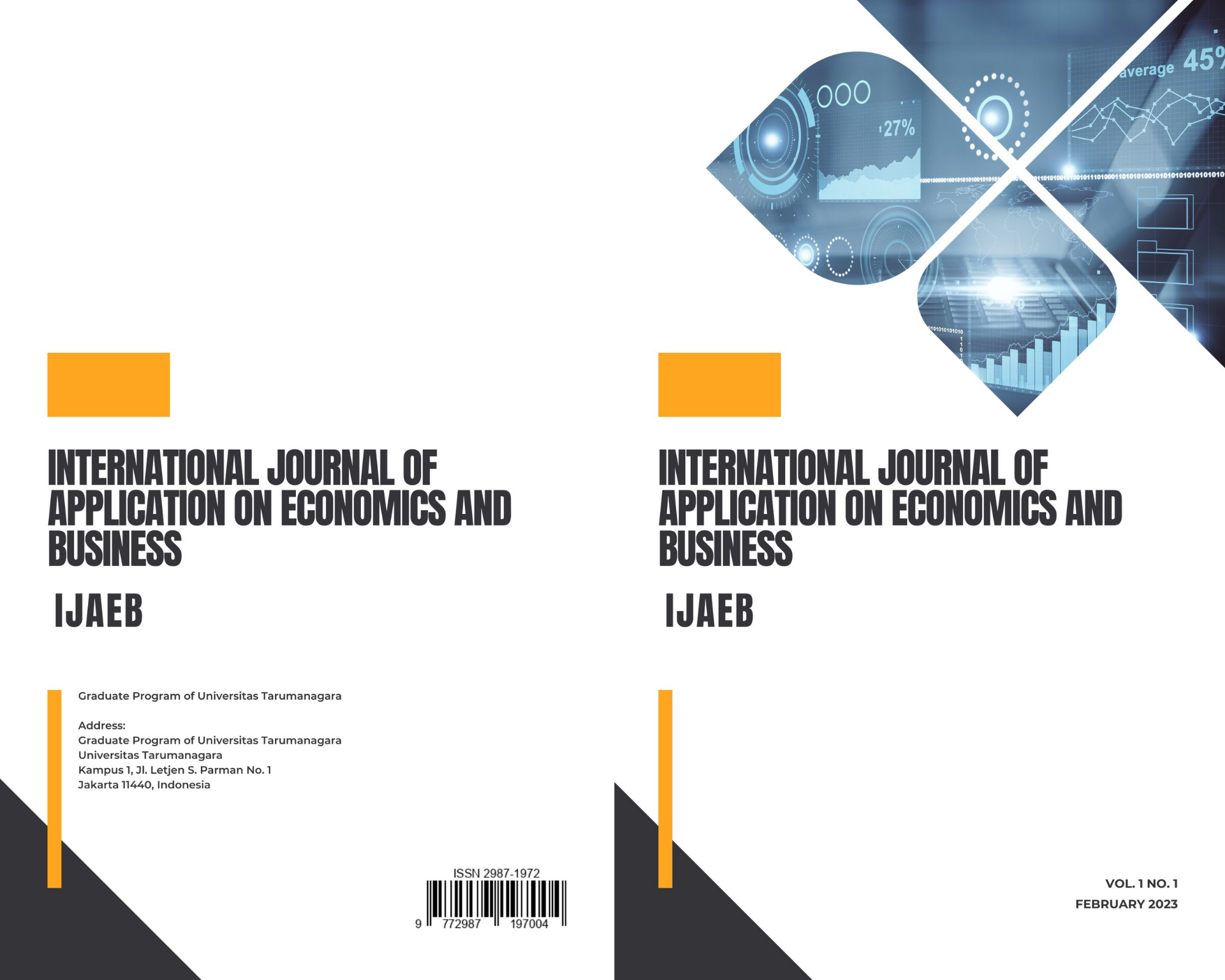What Can Financial Technology Learn from Syariah Finance on Ecosystem: Collaboration
Main Article Content
Abstract
Shariah financing is financing based on Islamic values. Shariah financing must meet several requirements. The shariah financing process must follow the shariah process from start to finish. Financial technology companies also need an ecosystem to grow. Financial technology companies can emulate shariah financing. This study aims to discuss the shariah financing ecosystem that can be studied by financial technology. This research uses qualitative research methods. This study conducted a literature study on shariah financing and financial technology financing. The research concludes that financial technology financing can work with financial technology companies to develop shariah financing. Shariah financing and financial technology financing require an ecosystem. Cooperation of shariah financing and financial technology is one of the best solutions for the development of both financings.
Article Details
Section

This work is licensed under a Creative Commons Attribution-NonCommercial-ShareAlike 4.0 International License.
This journal provides immediate open access to its content on the principle that making research freely available to the public supports a greater global exchange of knowledge.
IJAEB by Graduate Program of Universitas Tarumanagara is licensed under a Creative Commons Attribution-NonCommercial-ShareAlike 4.0 International License.. Permissions beyond the scope of this license may be available at https://journal.untar.ac.id/index.php/ijaeb
References
A. D. Tolok, “Wapres Maruf Amin Berharap Ekonomi Syariah Bisa Dukung Perekonomian Nasional.” 2021.
Setwapres, “Tingkatkan Kolaborasi, Bangkitkan Ekonomi Rakyat dan Kontribusi Bagi Perekonomian Nasional.” 2021.
S. Masitoh, “Sri Mulyani: Ekosistem ekonomi syariah bantu pulihkan Indonesia dari dampak pandemi.” 2021.
B. Pribadi, “Literasi Keuangan Syariah Dorongj Pencapaian SDGs.” 2021.
mediaindonesia.com, “Dukung Digitalisasi Ekonomi Syariah, Kemenkominfo Siapkan Infrastruktur TIK.” 2022.
S. Yazici, “The analysis of fintech ecosystem in Turkey,” J. Business, Econ. Financ., vol. 8, no. 4, pp. 188–197, 2019.
llya Avianti and Triyono, Ekosistem Fintech di Indonesia, no. July. 2021.
Y. Zhang-Zhang, S. Rohlfer, and J. Rajasekera, “An eco-systematic view of cross-sector fintech: The case of Alibaba and Tencent,” Sustain., vol. 12, no. 21, pp. 1–25, 2020.
M. K. Ahyar, “Halal Industry and Islamic Banking: A Study of Halal Ecosystem Regulation in Indonesia,” J. Financ. Islam. Bank., vol. 2, no. 2, pp. 165–182, 2020.
A. Rusydiana, “Bagaimana Mengembangkan Industri Fintech Syariah di Indonesia? Pendekatan Interpretive Structural Model (ISM),” Al-Muzara’ah, vol. 6, no. 2, pp. 117–128, 2018.
S. Saripudin, P. S. Nadya, and M. Iqbal, “Upaya Fintech Syariah Mendorong Akselerasi Pertumbuhan UMKM di Indonesia,” J. Ilm. Ekon. Islam, vol. 7, no. 1, pp. 41–50, 2021.
I. Lee and Y. J. Shin, “Fintech: Ecosystem, business models, investment decisions, and challenges,” Bus. Horiz., vol. 61, pp. 35–46, 2018.
A. E. Omarini, “Fintech and the future of the payment landscape: The mobile wallet ecosystem - A challenge for retail banks?,” Int. J. Financ. Res., vol. 9, no. 4, pp. 97–116, 2018.
S. Johan, “Enhanced Financial Business Competitiveness by Leveraging Technology and Innovation,” CommIT (Communication Informatoin Technol., vol. 15, no. 2, pp. 79–89, 2021.
P. Muthukannan, B. Tan, D. Gozman, and L. Johnson, “The Emergence of a Fintech Ecosystem: A Case Study of the Vizag Fintech Valley in India,” Curr. Opin. Virol., pp. 1–14, 2021.
J. Schmidt, P. Drews, and I. Schirmer, “Charting the emerging financial services ecosystem of fintechs and banks: Six types of data-driven business models in the Fintech sector,” Proc. Annu. Hawaii Int. Conf. Syst. Sci., vol. 51, pp. 5004–5013, 2018.
V. Soloviev, “Fintech Ecosystem in Russia,” Proc. 2018 11th Int. Conf. "Management Large-Scale Syst. Dev. MLSD 2018, 2018.
M. Haradhan, “Qualitative Research Methodology in Social Sciences and Related Subjects Qualitative Research Methodology in Social Sciences and Related Subjects,” J. Econ. Dev. Environ. People, vol. 7, no. 1, pp. 23–48, 2018.
R. Ilyas, “Peran Dewan Pengawas Syariah Dalam Perbankan Syariah,” JPS (Jurnal Perbank. Syariah), vol. 2, no. 1, pp. 42–53, 2021.

